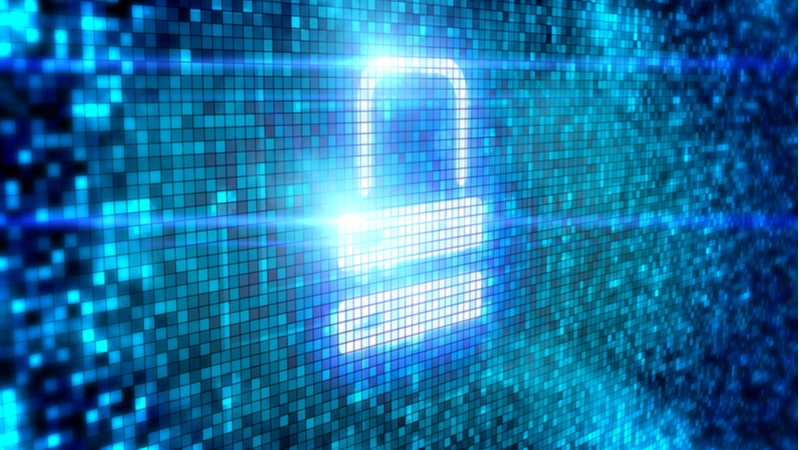
The House on September 29 passed the K-12 Cybersecurity Act – a piece of bipartisan legislation from Sens. Gary Peters, D-Mich., and Rick Scott, R-Fla., with a companion bill in the House led by Rep. Jim Langevin, D-R.I. The bill has already been approved by the Senate, and has been sent to the White House for President Biden’s signature.
The legislation will assist educational institutions improve their cybersecurity protections through instructing the Cybersecurity and Infrastructure Security Agency (CISA) to examine challenges that schools face in cybersecurity.

Explore increasingly hot button cyber issues that are top-of-mind. Learn more.
CISA also will be charged with creating cybersecurity recommendations for schools to use while implementing cybersecurity solutions.
“Throughout the pandemic, criminal hackers have ramped up their attacks on our nation’s schools, disrupting entire school districts and jeopardizing the personal information of students and educators alike. This legislation will help shore up our schools’ cyber defenses and protect our students and educators against those who wish them harm,” said Rep. Langevin. “I thank Senators Peters and Scott for their leadership passing this bill in the Senate, and I look forward to President Biden signing this critical legislation into law.”
The Senate version of the bill was passed in August, after it was approved by the Senate Homeland Security and Governmental Affairs Committee in July.
“Ransomware and other cyberattacks that can shut down our K-12 schools and compromise the personal information of our students and dedicated educators are unacceptable and must be stopped,” said Sen. Peters. “We must provide faculty and staff with the resources and means that they often lack to defend themselves and their students against complicated cyberattacks.”
